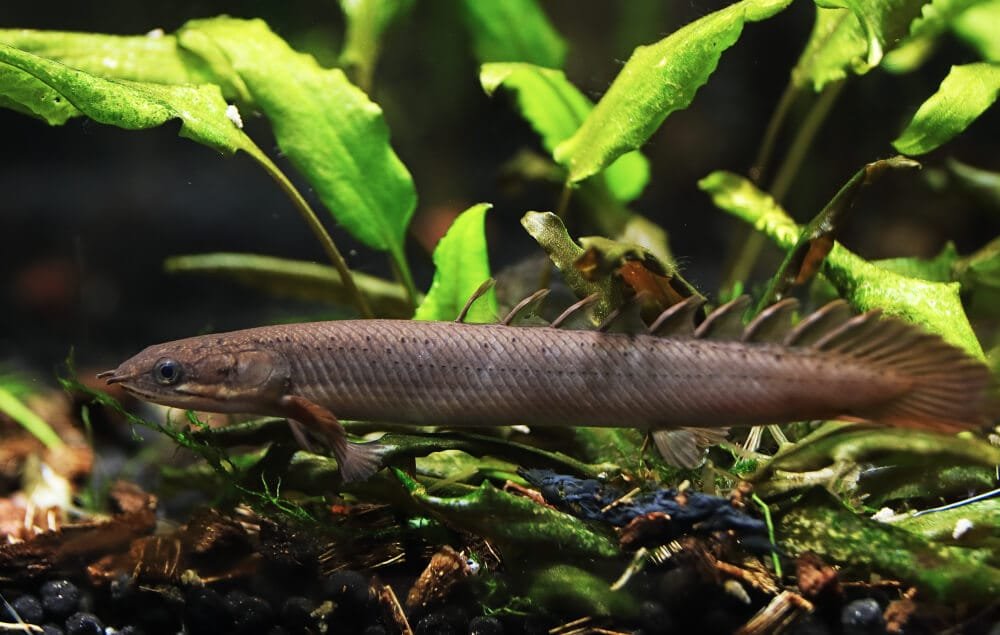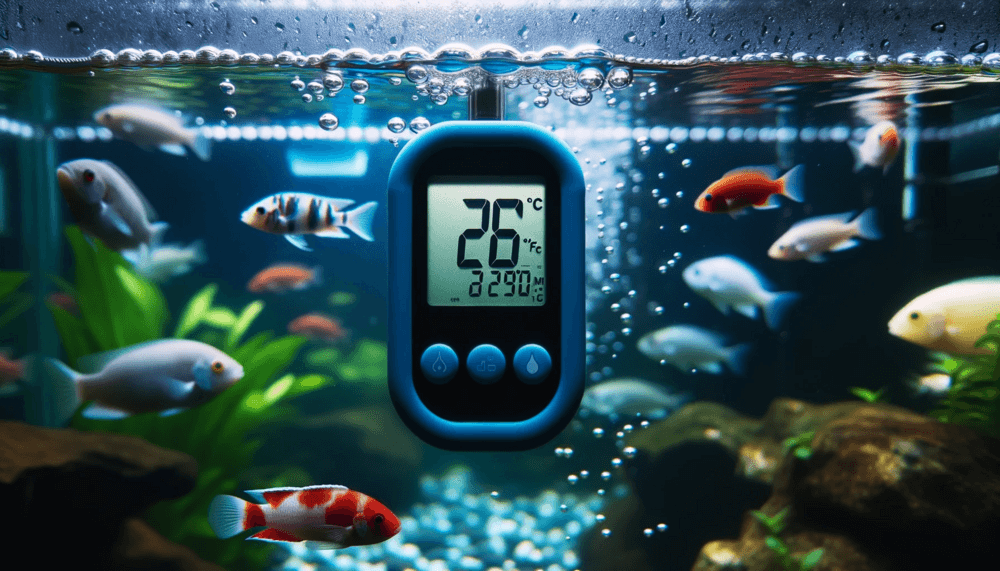Are you ready to learn a simple yet effective way of recycling aquarium water? In this article, we will explore the steps you need to follow in order to recycle your aquarium water in an eco-friendly manner. By reusing this water, you can help reduce waste and provide a healthier environment for your aquatic friends. So, let’s dive in and discover the secrets of effective aquarium water recycling!
Why Recycle Aquarium Water?
Importance of Recycling Aquarium Water
Recycling aquarium water is essential for several reasons. Firstly, it helps to conserve water and reduce water wastage. By reusing the water from your aquarium, you can minimize the amount of water you need to replace during water changes, thus reducing your overall water consumption. Additionally, recycling aquarium water can contribute to a more sustainable and eco-friendly approach to aquarium maintenance.
Benefits of Recycling Aquarium Water
There are numerous benefits to recycling aquarium water. One major advantage is that recycled water contains essential nutrients for plants, making it an excellent fertilizer for houseplants and gardens. The natural waste and organic matter present in the aquarium water act as a nutrient-rich source for plants to thrive. Additionally, recycling water can save you money on purchasing commercial fertilizers or plant nutrients. By utilizing the nutrients present in the aquarium water, you can cut down on expenses while promoting plant growth.
Preparing Aquarium Water for Recycling
Removing Debris and Waste
Before recycling your aquarium water, it is crucial to remove any debris and waste that may be present in the water. You can do this by using a net or strainer to filter out any solid particles or uneaten fish food. Removing debris not only improves the water quality but also prevents clogging when watering plants or using the water for other purposes.
Treating Chlorine and Other Chemicals
Many tap water sources contain chlorine and other chemicals that are harmful to fish and plants. Therefore, it is essential to treat the water before recycling it. There are various methods to remove or neutralize chlorine, such as using dechlorinating products available in pet stores or allowing the water to sit for at least 24 hours to allow the chlorine to dissipate naturally.
Testing Water Parameters
Before recycling aquarium water, it is crucial to test the water parameters to ensure its suitability for plants. Factors such as pH, ammonia, nitrite, and nitrate levels should be measured using aquarium water testing kits. This step ensures that the recycled water will provide optimal conditions for plant growth and prevent any negative impact on the plants.
Methods of Recycling Aquarium Water
Watering Houseplants with Aquarium Water
One of the simplest and most effective methods of recycling aquarium water is by using it to water houseplants. The nutrient-rich water can act as a natural fertilizer, providing essential minerals and organic matter to the plants. Make sure to pour the water directly onto the soil and avoid splashing it on the leaves to prevent any potential harm. Houseplants such as pothos, spider plants, and peace lilies are particularly receptive to aquarium water.
Using Aquarium Water for Gardening
Another way to recycle aquarium water is to use it for gardening purposes. Whether you have a vegetable garden or a flower bed, the nutrients in the aquarium water can greatly benefit the plants. However, ensure that the water does not contain any harmful substances or high levels of ammonia or nitrate that may negatively affect certain plants. Dilution with fresh water might be necessary for certain species that are more sensitive to water parameters.
Using Aquarium Water for Composting
If you engage in composting, recycling aquarium water can be an excellent addition to your compost bin. The organic matter and beneficial microorganisms present in the water can enhance the decomposition process and contribute to nutrient-rich compost. However, it is essential not to add aquarium water directly to the compost pile in large quantities, as it may disrupt the balance and create an unfavorable environment. Dilute the water or spread it evenly throughout the compost pile to ensure even distribution.
Tips for Effective Aquarium Water Recycling
Avoiding Medication Contamination
If you have recently treated your aquarium with medications, it is crucial to avoid recycling the water until all traces of medication have been removed. Medications can be harmful to plants and pose a risk to the environment. To ensure medication contamination is avoided, use a separate container to hold water that has been treated with medications, preventing it from entering the recycling process.
Ensuring Proper pH Levels
Different plant species have different pH preferences for optimal growth. It is essential to ensure that the recycled aquarium water matches the pH requirements of the plants you are watering. If necessary, adjust the pH to the appropriate level using pH modifiers or by diluting the water with fresh water to bring it within the desired range.
Avoiding Overwatering Plants
While recycled aquarium water can be a valuable source of nutrients for plants, it is important not to overwater them. The water requirements of plants vary, and it is crucial to water them adequately without saturating the soil. Monitor the moisture levels of the soil and adjust the frequency and amount of water accordingly to prevent waterlogging and root rot.
Alternative Uses for Recycled Aquarium Water
Cleaning Tools and Equipment
Recycled aquarium water can be useful for cleaning various aquarium-related tools and equipment. It can effectively remove algae and mineral deposits from glass surfaces, filter media, and other accessories. By using recycled water for cleaning, you can minimize the use of harsh chemicals and reduce water consumption, promoting a more eco-friendly cleaning routine.
Flushing Toilets
If you are looking for alternative uses for recycled aquarium water, consider utilizing it for flushing toilets. Instead of using fresh water for every flush, you can divert the recycled aquarium water to your toilet tank. This practice can significantly reduce water wastage and contribute to water conservation efforts.
Washing Vehicles
Another alternative use for recycled aquarium water is washing vehicles. Instead of using tap water, which can be scarce and expensive, you can use recycled aquarium water to clean your car or bike. The nutrient content in the water may even provide some additional benefits to your vehicle’s paint or garden plants if water runoff occurs during the washing process.
In conclusion, recycling aquarium water offers numerous benefits for both the environment and your budget. By following the proper steps to remove debris, treat chemicals, and test water parameters, you can safely recycle aquarium water for various purposes. Whether it’s by watering houseplants, gardening, composting, or exploring alternative uses like cleaning and flushing toilets, recycling aquarium water is a sustainable and eco-friendly practice that can contribute to a greener lifestyle. So, start recycling your aquarium water today and make a positive impact on both your aquarium and the planet!




